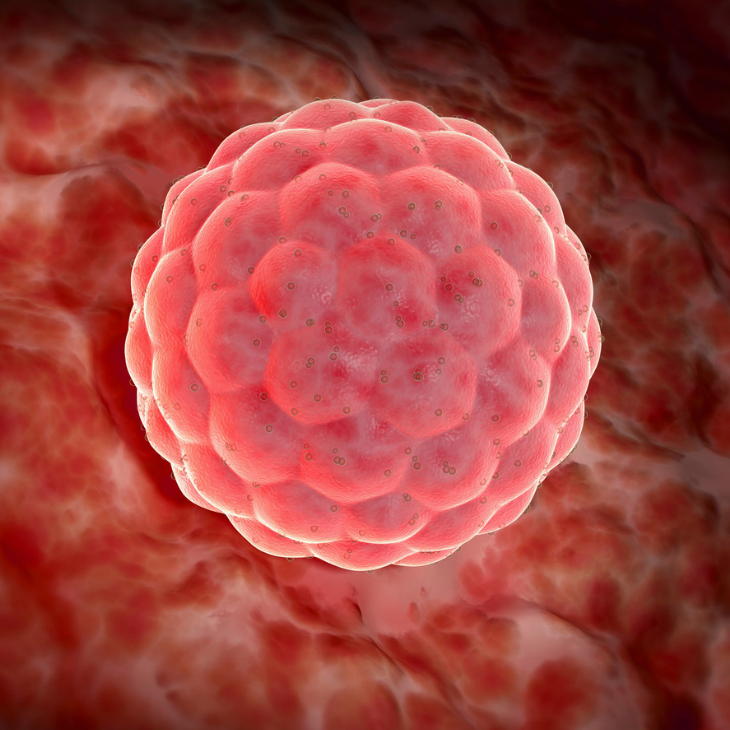
Frequently Asked Questions About the Psychological Component of Infertility
-- written by the ASRM Mental Health Professional Group
FAQ About the Psychological Component of Infertility
Infertility often creates one of the most distressing life crises that a couple has ever experienced together. The long term inability to conceive a child can evoke significant feelings of loss. Coping with the multitude of medical decisions and the uncertainties that infertility brings can create great emotional upheaval for most couples. If you find yourself feeling anxious, depressed, out of control, or isolated, you are not alone.
Everyone has feelings and emotional ups and downs as they pursue infertility treatment. Feeling overwhelmed at times is a perfectly normal response. However, if you experience any of the following symptoms over a prolonged period of time, you may benefit a great deal from working with a mental health professional:
- loss of interest in usual activities
- depression that doesn't lift
- strained interpersonal relationships (with partner, family, friends and/or colleagues)
- difficulty thinking of anything other than your infertility
- high levels of anxiety
- diminished ability to accomplish tasks
- difficulty with concentration
- change in your sleep patterns (difficulty falling asleep or staying asleep, early morning awakening, sleeping more than usual for you)
- change in your appetite or weight (increase or decrease)
- increased use of drugs or alcohol
- thoughts about death or suicide
- social isolation
- persistent feelings of pessimism, guilt, or worthlessness
- persistent feelings of bitterness or anger
In addition, there are certain points during infertility treatment when discussion with a mental health professional of various options and exploration of your feelings about these options can help facilitate clarification of your thinking and help with your decision making. For example, consultation with a mental health professional may be helpful to you and your partner if you are:
- at a treatment crossroad
- deciding between alternative treatment possibilities
- exploring other family building options
- considering third party assistance (gamete donation, surrogacy)
- having difficulty communicating or if you have different ideas about what direction to take
Mental health professionals with experience in infertility treatment can help a great deal. Their primary goal is to help individuals and couples learn how to cope with the physical and emotional changes associated with infertility, as well as with the medical treatments that can be painful and intrusive. For some, the focus may be on how to deal with a partner's response. For others, it may be on how to choose the right medical treatment or how to begin exploring other family building options. For still others, it may be on how to control stress, anxiety, or depression. By teaching patients problem- solving strategies in a supportive environment, mental health professionals help people work through their grief, fear, and other emotions so that they can find resolution of their infertility. A good therapist can help you sort out feelings, strengthen already present coping skills and develop new ones, and communicate with others more clearly. For many, the life crisis of infertility eventually proves to be an opportunity for life-enhancing personal growth.
Make sure you choose a mental health professional who is familiar with the emotional experience of infertility. It is recommended that they have:
- a graduate degree in a mental health profession
- a license to practice and/or state registration
- clinical training in the psychological aspects of infertility
- experience in the medical and psychological aspects of reproductive medicine
Interview more than one person. Ask them for their credentials as well as their experience with infertility issues and treatments. Ask if they are currently seeing other people with infertility.
For a referral to a competent mental health professional, you can click the "Find an Expert" button on the top right of this page. Also read over the Guidance On Qualifications For Fertility Counselors for more information on infertility counselors.
You could also ask your reproductive endocrinologist for names of people that he/she would recommend or contact a national support group such as RESOLVE.
Find a Mental Health Professional














